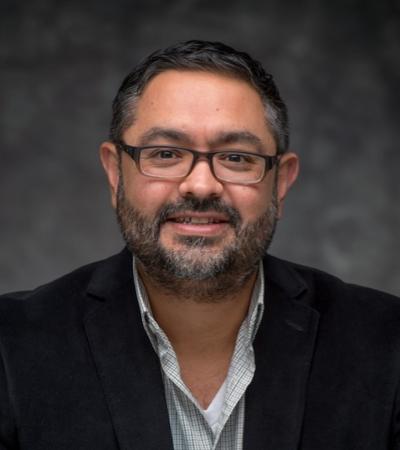Divergent Conservative Responses to Youthful Radicalism in Mexico During the 1960’s
Faculty Research Grant
This grant is to travel to Mexico City this summer to carry out preliminary archival research for my second book project. Expanding on earlier work, this new study will take up a set of research questions that have not been addressed in the historiography of modern Mexico, but which I argue, will complicate our understanding of the turbulent, combating, and at a times contradictory character of the “1960s”: how did the different sectors of the Right, including the most conservative figures of the business sector, the government, the cultural industry, and (especially) the Catholic Church, respond to the contentious political environment that emerged inside Mexico’s largest and most important university (the National Autonomous University of Mexico, UNAM) in the wake of the Cuban Revolution? Did the progressive turn of the Catholic Church witnessed throughout Latin American following the Second Vatican Council in Rome (1962-1965) influence student politics in Mexico? If so, what ideological and political responses Liberation Theology but also the sexual revolution and the countercultural movement generate? How were conservative students, intellectuals, and those in positions of power (sharing divergent conservative points of view on politics, culture, and religion) differently affected by the radicalism of the 1960s? What intersections and conflicts emerge between nationalists, anticommunist, and less reactionary figures of the Right during this period? In short, did a conservative movement emerge in Mexico during the 1960s and what shape did it take?






